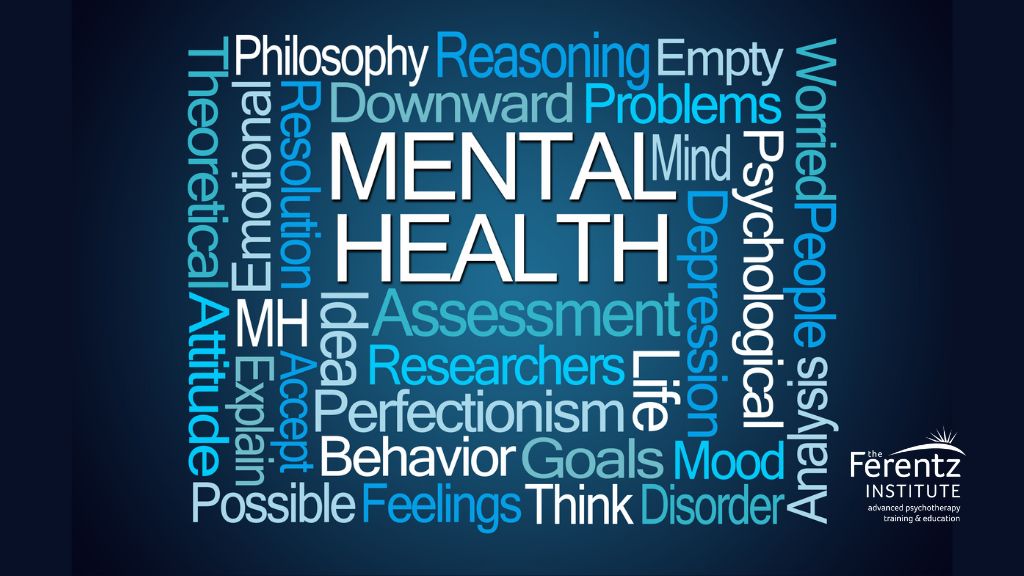
Many years ago, when I was in graduate school, I was taught the assessment phase of treatment should take place in the first one to three sessions, followed by six to ten therapy sessions, and then one or two closing sessions for termination. In my 37 years of private practice that formulaic approach has never worked, nor would it be ethical or clinically appropriate. This is especially true when working with clients who have a past history of trauma, abuse, or neglect. Of course, when I was in graduate school there was no mention of trauma and its reverberating impact on clients!
It is heartening that many years later the term “trauma informed care” permeates much of our work and is often an approach mandated by mental health agencies. But I believe trauma informed care starts with a trauma informed assessment. Clinicians know that assessment is a fluid process, woven into all stages of treatment. We get the most valuable insights and information when assessment happens within the context of a safe and trusting relationship. Therefore, it’s not reasonable to expect clients to trust us on an initial intake. A full trauma or pain narrative takes time to unfold. It is worrisome that so many mental health organizations pressure their clinicians to administer in-depth and deeply personal intake questions before a genuine relationship has been established. I believe it’s one of the reasons why some clients don’t return after an initial session: they’ve been dysregulated, triggered, and overwhelmed, and the process of therapy becomes associated with a lack of safety and intrusive questioning that inadvertently exacerbates shame.
- If you work for an agency and are compelled to ask “difficult” questions in the initial visits you must first evaluate the client’s capacity to modulate affective arousal. Can they express and experience emotionally charged material without hurting themself or others? Can they stay in the “window of tolerance” or do they become either hypo-aroused or hyper-aroused? In either of the latter cases, they are no longer accessing executive functioning so insight is lost and nothing will be synthesized. You should also make sure that you have the ability to help the client get re-grounded. Time should be put aside before the end of the session to help them contain the emotions, cognitions, imagery, or uncomfortable physical sensations that may have surfaced during the interview process.
- Being “trauma informed” shouldn’t be reduced to asking a lot of questions about a history of physical, emotional, or sexual abuse in the first visits. A truly trauma informed clinician understands that pacing the work, taking the time to first establish rapport and safety, re-framing “symptoms” as creative, necessary survival strategies, and focusing on clients’ resiliency and creativity- what is RIGHT about them, rather than what is WRONG with them-are the real keys to a trauma informed approach.
Clinicians’ Tips:
If you are required to get a trauma history on intake, consider incorporating some of these questions. Closed ended (yes/no) questions related to potentially traumatic events are less likely to dysregulate clients and are inherently containing. Detailed information regarding these questions can be unpacked at a later time.
- When you think about your childhood, do you have positive memories about dinnertime? Family vacations? Holidays?
- Was stress handled appropriately in your family?
- Did you typically feel physically and emotionally safe in your home? At school?
- Did you grow up in a family that encouraged secret keeping?
- Were you allowed to have a sense of privacy?
- Did you feel seen, heard, and understood in your family?
- Did you feel that your caretakers were emotionally present for you?
- Were you given healthy strategies for self-soothing?
- Are there times when you struggle with thoughts, feelings or behaviors and you’re not sure why?
- Are there times when you feel troubled or angry by your thoughts, feelings or behaviors?
- Are there times when you feel disconnected from other people?
- Are there times when you feel disconnected from your own emotions?


Your concise, common sense treatment approach and recommendations take me back to 2006, when I was student in your Trauma Treatment Course. You will always be a great teacher and clinician! How are you doing Lisa?
Avraham Reich,
Jerusalem